Celebrating women’s education: A milestone for Pakistan
Scholarship initiative creates opportunities for Pakistani students

Education is often called the foundation of progress, yet in Pakistan, it remains a challenging reality for millions. Despite significant strides in recent years, the country continues to face an education crisis, with over 22.8 million children—the second-highest globally—out of school, according to UNICEF’s 2024 report.
The barriers to education are deeply entrenched, ranging from poverty and gender inequality to inadequate infrastructure. Yet amidst these challenges, efforts are underway to rewrite this narrative and build a brighter future for Pakistan’s youth.
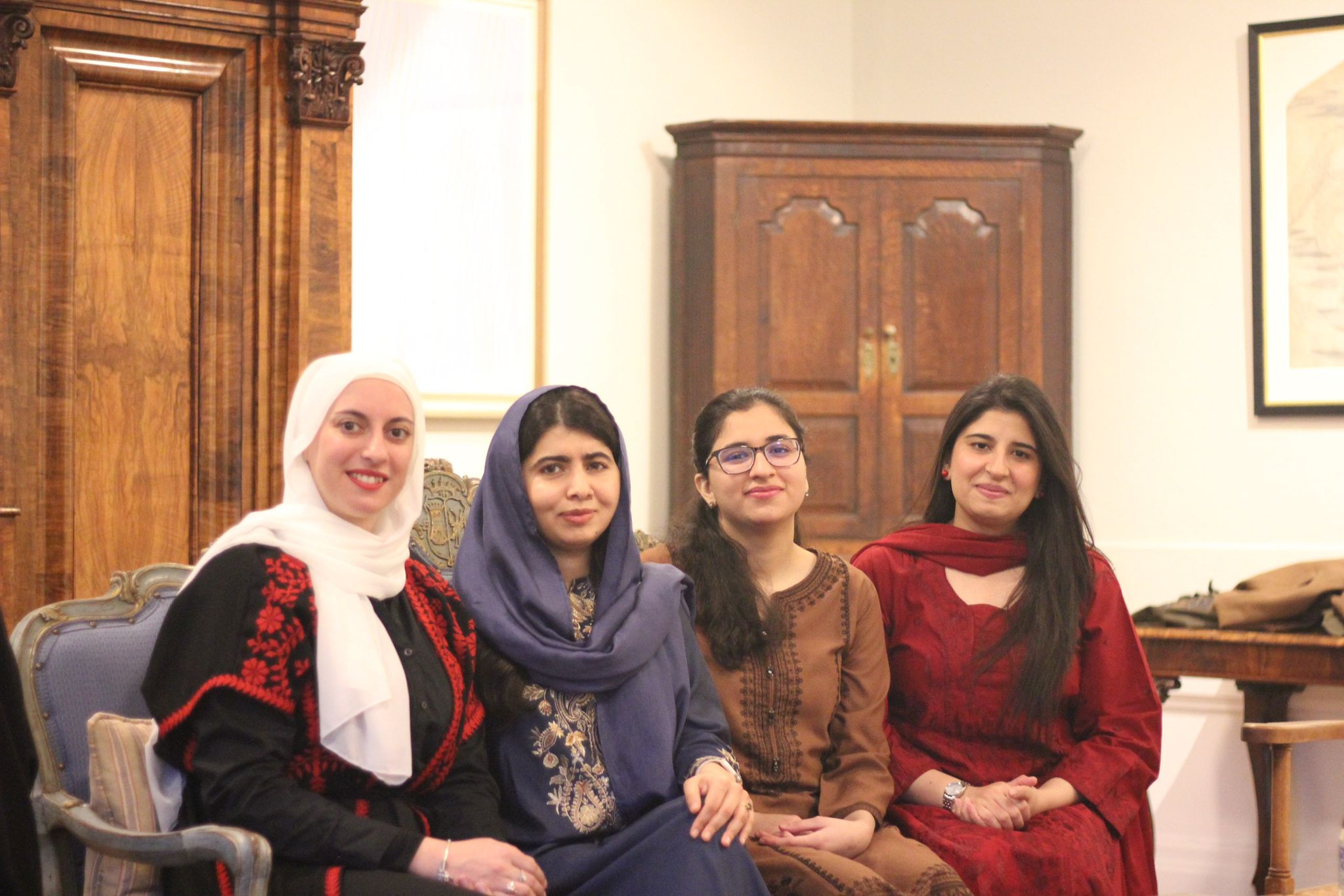
The current landscape: Progress and gaps
Pakistan has made progress in improving literacy rates, which currently stand at 59%, but regional and gender disparities remain stark. In rural areas, only 41% of girls are enrolled in primary school compared to 53% of boys. The situation worsens as they grow older, with a dropout rate of nearly 44% by the time girls reach secondary school. These statistics highlight the urgent need for inclusive policies and initiatives that prioritise the education of marginalised groups.
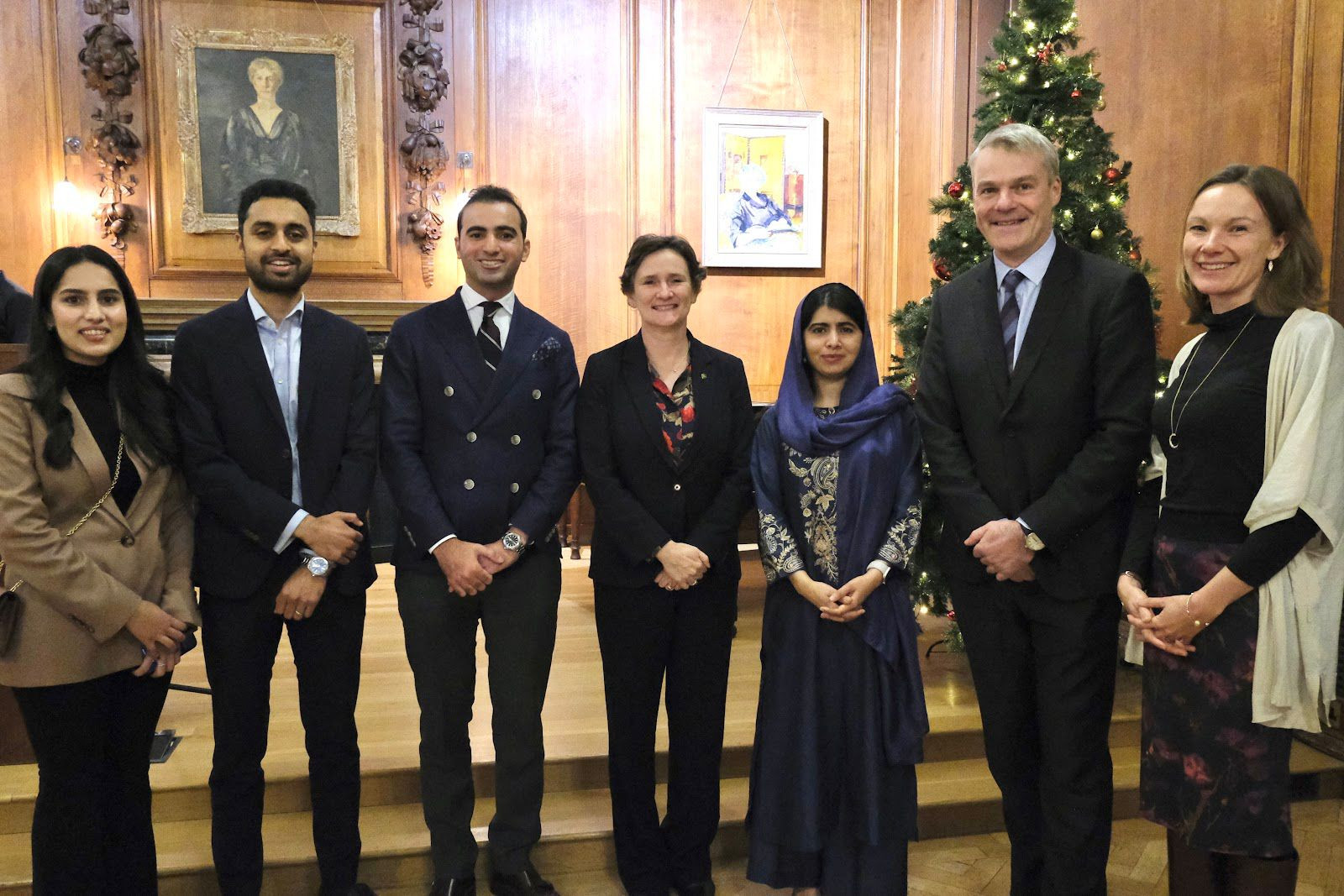
Infrastructure is another pressing concern. Around 40% of government schools lack basic facilities such as electricity, drinking water, and functional toilets, according to the Pakistan Bureau of Statistics. This lack of essential resources disproportionately affects girls, who are more likely to stay home if schools do not provide safe and sanitary conditions.
Why girls’ education matters
Educating girls is a catalyst for societal change. Studies by the World Bank reveal that every additional year of schooling for girls can increase their future earnings by up to 10%. Moreover, educated women are more likely to invest in their children’s education and health, creating a ripple effect that benefits entire communities.
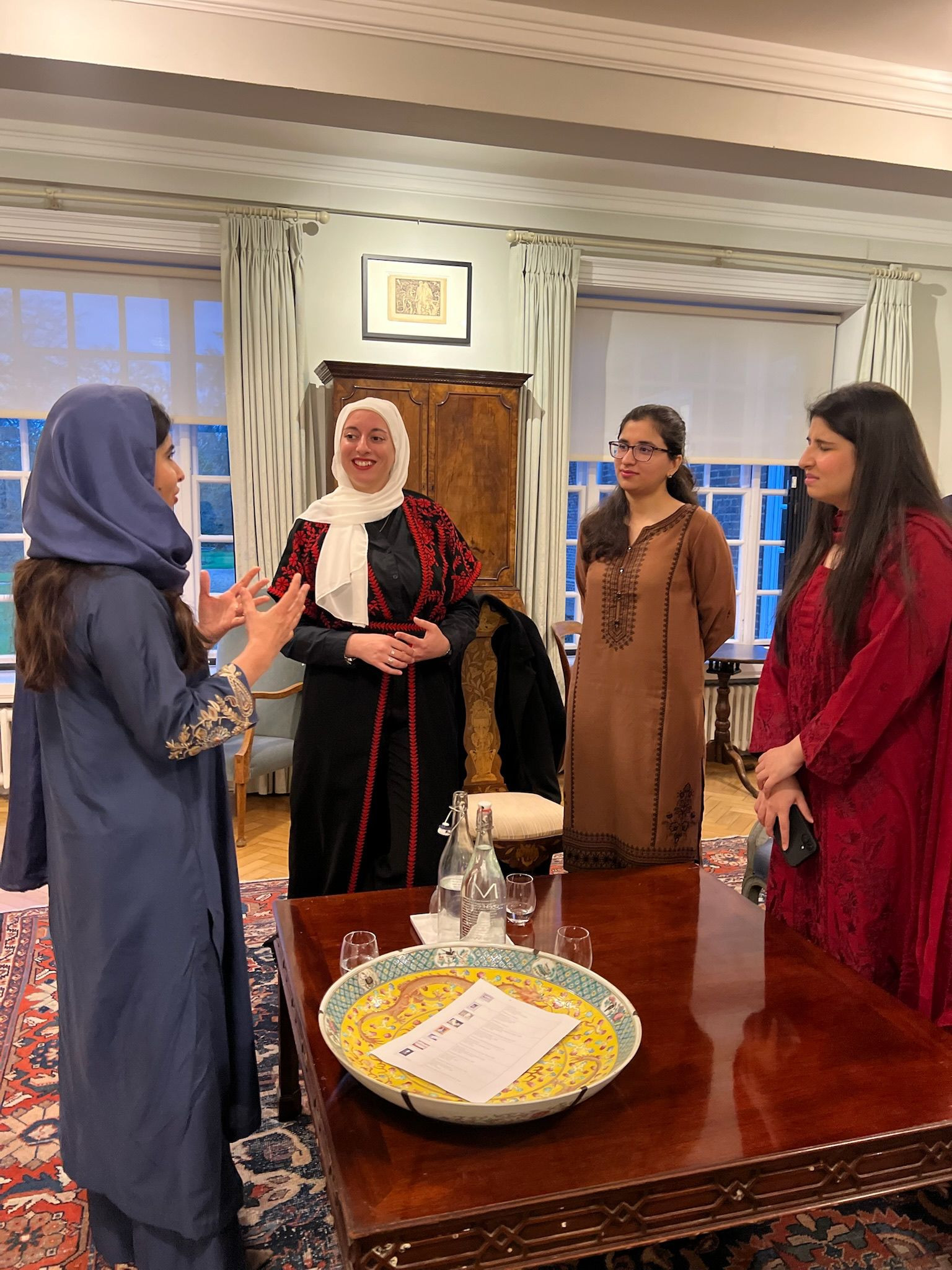
However, cultural and systemic barriers still limit opportunities for girls. Early marriages, household responsibilities, and safety concerns often force young girls to abandon their education. Addressing these challenges requires holistic solutions that go beyond classrooms to tackle underlying social norms and economic hardships.
Forces driving change
Behind the scenes, organisations like the Malala Fund are working tirelessly to bridge these gaps. While their initiatives often fly under the radar, their impact is tangible. By funding grassroots programs, advocating for policy reforms, and amplifying local voices, the organisation helps create environments where every child, especially girls, can thrive.
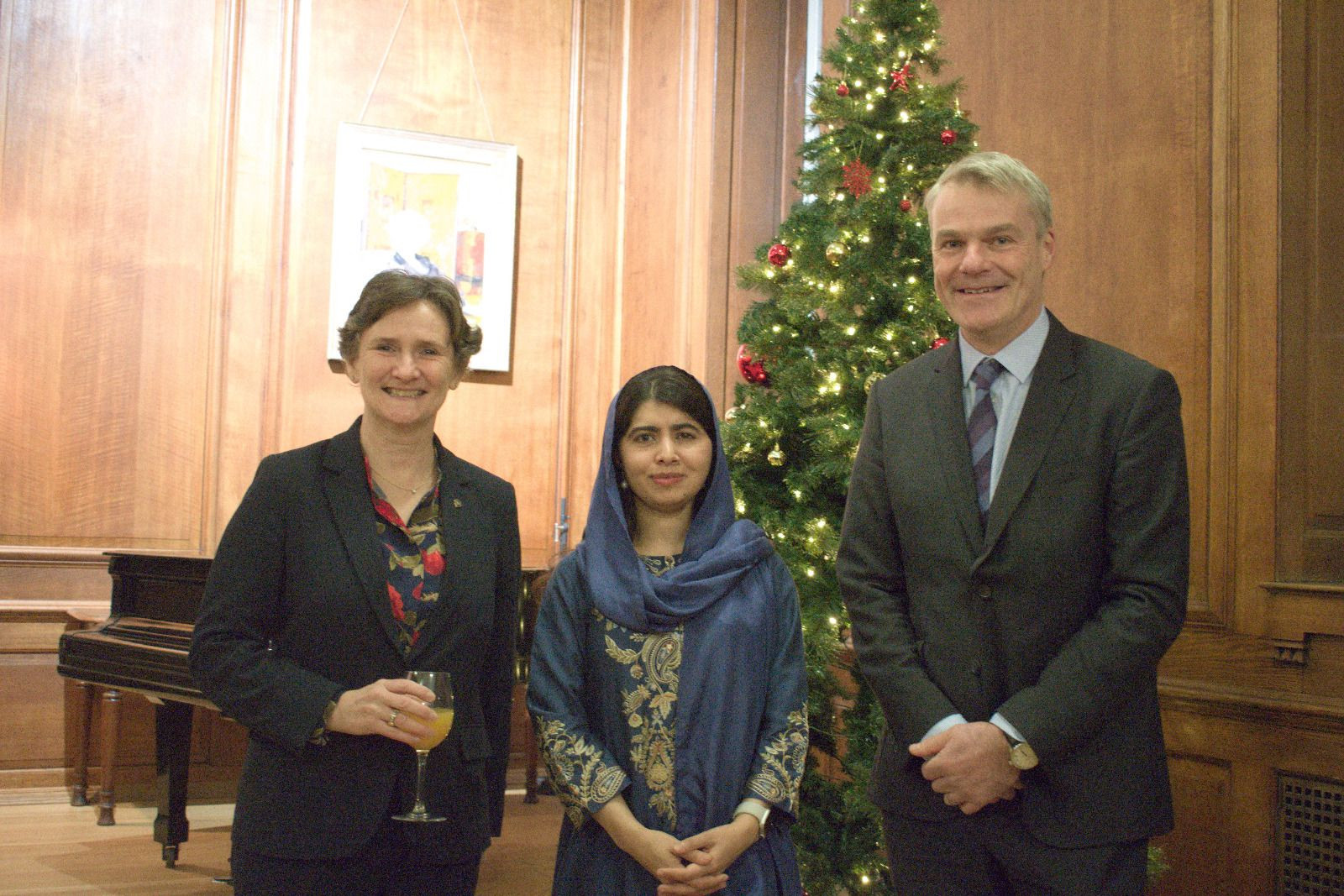
This commitment was recently exemplified when Malala Yousafzai, Nobel Peace Prize laureate and global advocate for girls' education, met with scholars supported by her Oxford Pakistan Programme (OPP) scholarships at Lady Margaret Hall (LMH), Oxford University.
The 2024 event celebrated three exceptional women scholars awarded Malala scholarships: Zainab Aziz and Ayeda Hamid from Pakistan, and Suha Albanna from Palestine. These scholars, pursuing graduate degrees at Oxford, represent a new generation of leaders driven by knowledge and a commitment to societal progress.
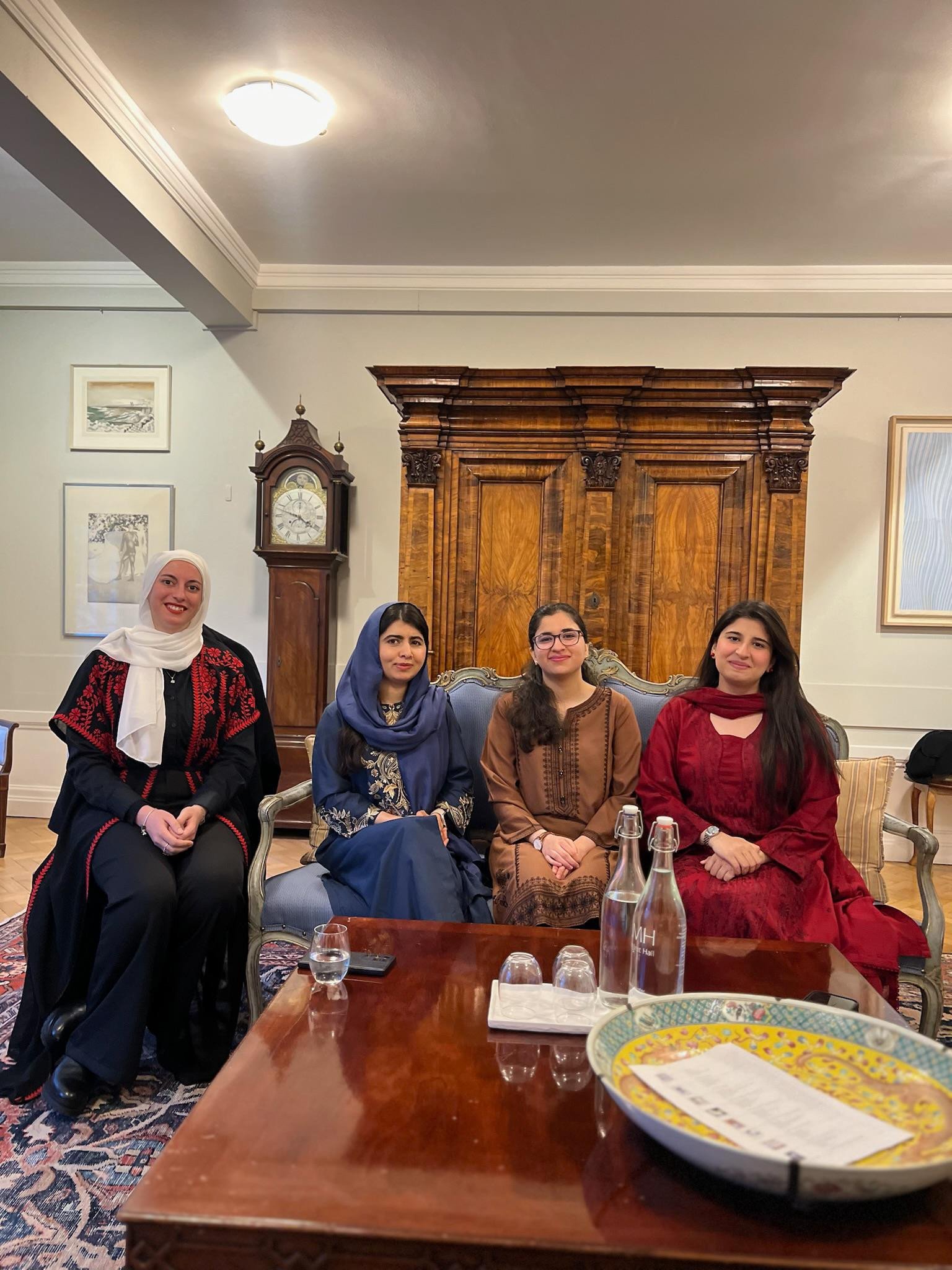
Malala’s heartfelt conversation with the scholars highlighted their aspirations and the challenges they’ve overcome, underscoring the transformative impact of educational initiatives like the OPP. At a reception attended by members of the Pakistani scholars community and distinguished guests, including LMH Principal Stephen Blyth and Oxford’s Vice-Chancellor Irene Tracey, Malala commended the OPP for bringing talented scholars, especially women, to the forefront.
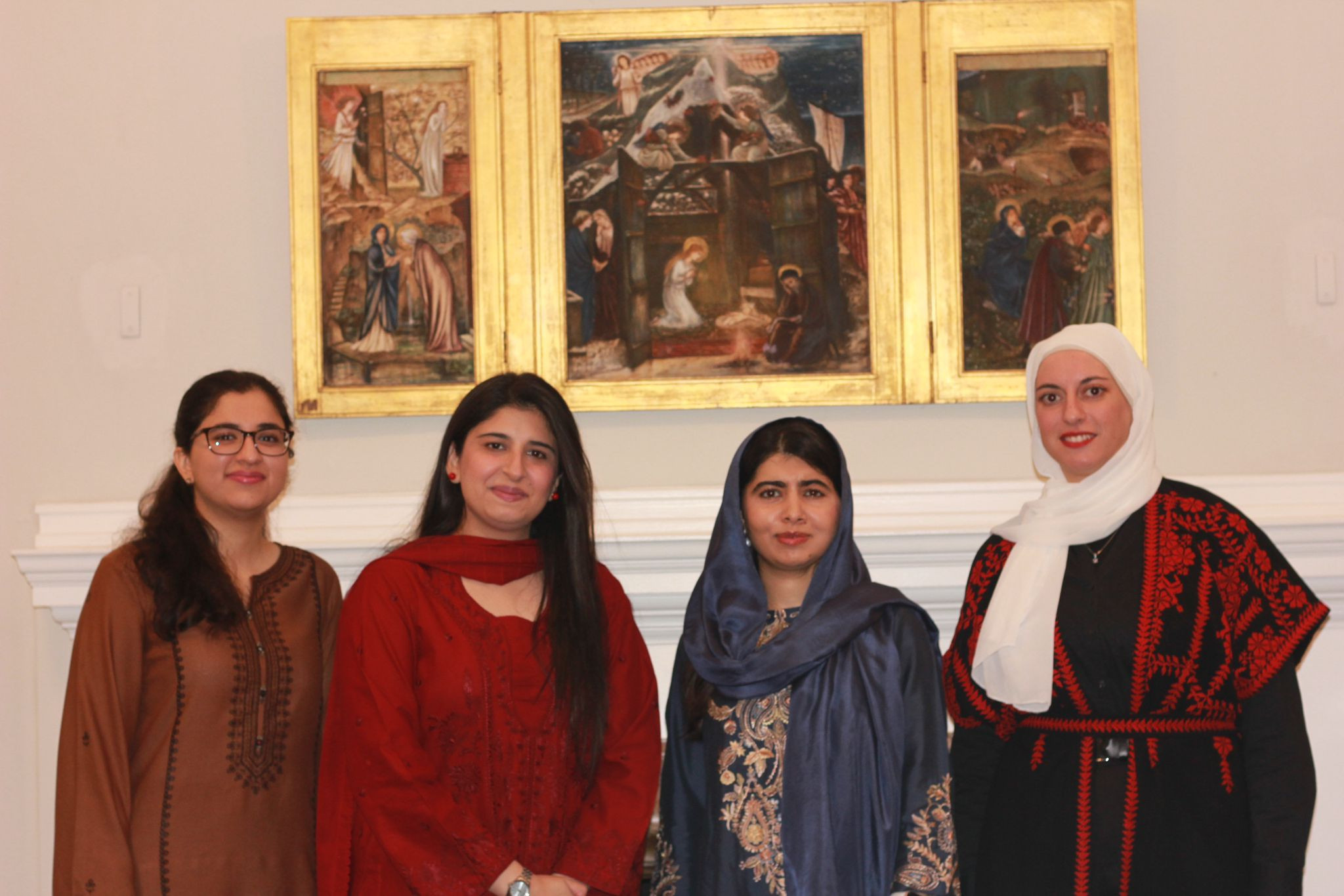
She emphasised the importance of education as a transformative force to unlock potential and catalyse societal progress. "I believe initiatives like the Oxford Pakistan Programme, where Pakistani scholars come to Oxford University to receive world-class education and then return to serve their communities in Pakistan, have the potential to change the course of Pakistan’s future," said Malala.
Malala Fund’s Champions program supports educators and activists across Pakistan who are working to remove barriers to education in their communities. These efforts are not just about building schools but also about changing mindsets and empowering communities to see education as a right rather than a privilege.




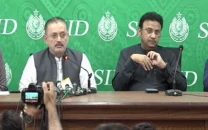














COMMENTS
Comments are moderated and generally will be posted if they are on-topic and not abusive.
For more information, please see our Comments FAQ